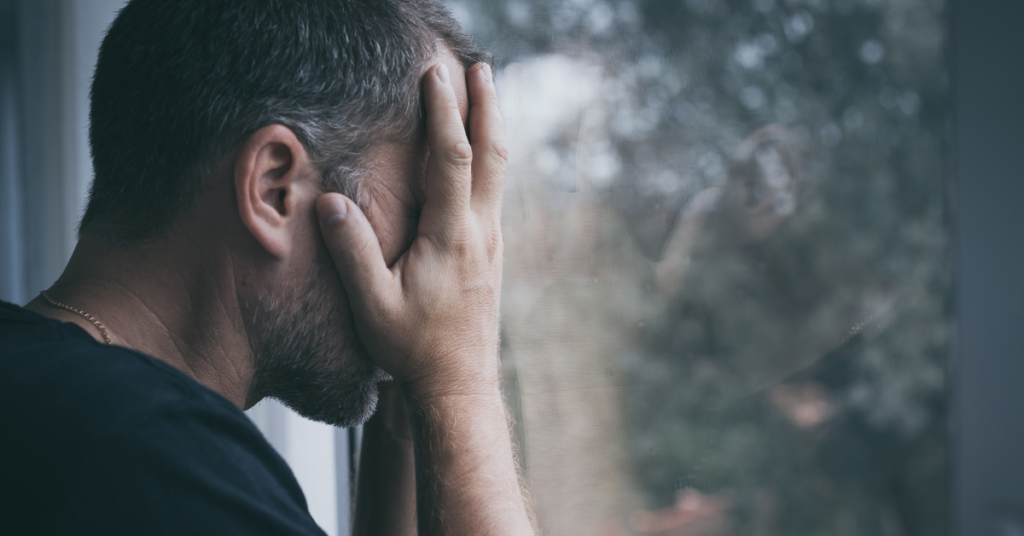Contents
What is Anxiety?
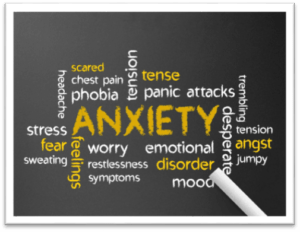
Anxiety is a natural human emotion, and it’s completely normal to feel anxious at times. If you are stressed out or worried about something that has happened in the past or may happen in the future, then your anxiety can be considered healthy because it helps motivate us to take action. However, when people experience extreme levels of stress for prolonged periods of time, they may be diagnosed with an anxiety disorder. Many people suffer from anxiety. It is a condition that affects 18% of the population, and it can be debilitating if left untreated. If you are one of these people, then you are not alone. How to reduce anxiety? There are some tips.
Symptoms and causes vary depending on the type and severity of your condition. However, some general symptoms include trouble sleeping, feeling irritable or agitated, not being able to relax or concentrate, racing heartbeat, feeling nauseous easily, etc. There are various factors that can cause anxiety, including genetics and brain chemistry.
How to Calm Your Anxiety?
These are some of the ways that you can use to calm your anxiety:
Breathing Exercises
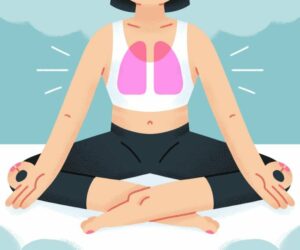
Breathing exercises like belly breathing involve inhaling deeply into your diaphragm by expanding your stomach then exhaling from the back of the throat. This helps to regulate cortisol levels which is important for mood regulation. It can be a great way to calm yourself down when anxiety strikes.
Take A Break
Sometimes it’s okay to take a break from life when we’re feeling overwhelmed by our anxiety symptoms. This can help us reevaluate the situation without the pressure of having to fix anything right away. This is especially helpful if your stress levels have been heightened due to deadlines, exams, social events, etc so give yourself permission not only to relax but also recharge during these tough times.
Socialize

Socializing with friends is an excellent way to reduce feelings of isolation that often worsen symptoms during tough times like exams or stressful events. You don’t have to do something big every time but simply calling someone up and going out for coffee. It can make a huge difference when you’re feeling anxious so call a friend today.
Take a Walk
Taking a walk is an excellent way to reduce anxiety. It can be done both indoors and outdoors so you have the opportunity to do this exercise in any setting. Taking deep breaths during these walks helps us focus on breathing patterns rather than our thoughts which often escalate when we’re feeling anxious or stressed out.
Eat Right

Eating right means eating foods that are healthy for your body including fruit, vegetables, whole grains, and lean proteins while avoiding processed sugar as well as caffeine since they can trigger feelings of nervousness or jitteriness. Eating healthy also provides the nutrients necessary to support mood stability by regulating serotonin levels naturally. So eat away the good food.
Stay Hydrated
When you’re stressed, your body can become dehydrated more easily so staying hydrated throughout the day is important regardless of how you feel. Water is actually one of the best natural remedies for anxiety. It keeps cortisol levels stable. It helps to keep stress hormones low as well as stimulates serotonin production to maintain mood stability.
Get Some Rest
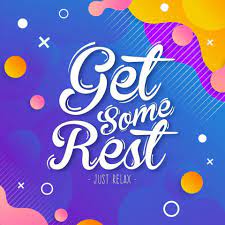
Sleep deprivation often worsens feelings of nervousness and jitteriness because it affects neurotransmitter function in several ways including making GABA receptors less sensitive leading to increased excitability within the brain which also makes us more susceptible to triggering anxious thoughts or worries. Getting plenty of rest will help improve your overall health by regulating hormone functions that affect mood stability among many other things.
How To Reduce Anxiety?
There are many effective techniques you can use to reduce your anxiety levels in a short amount of time. Here is an overview of some natural ways to reduce anxiety:
Exercise
Exercise is a great way to relieve anxiety because it releases endorphins that make you feel happy. It reduces cortisol levels which can help with mood regulation. There are many different types of exercise so find the one that works best for you whether this means taking up running, playing tennis, or joining an indoor cycling class.
Meditation
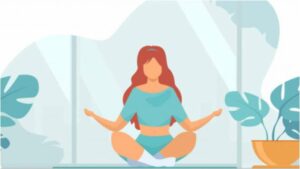
Meditation is a great way to relax and focus on your well-being. There are many different types of meditation so it can be helpful for both beginners who want something simple or advanced practitioners of mindfulness meditation.
Yoga
Yoga is an ancient practice that involves breathing, meditation, and postures. Many people claim that yoga changes their outlook on life because it helps them to relax physically as well as mentally. This can be especially effective for those who have a hard time relaxing or sleeping at night.
Music Therapy
Listening to calming music is an excellent way of relieving anxiety. The sound waves stimulate brain waves that produce serotonin, dopamine, and endorphins. This can be a great way to reduce stress and manage your mood.
Massage Therapy
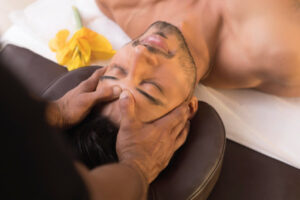
Massages can be very beneficial for reducing anxiety because they stimulate serotonin production which makes you feel relaxed and happy. Studies also show that massages decrease cortisol levels so this could be an excellent way to manage your mood.
Acupuncture
Acupuncture is the practice of inserting fine needles into areas on the body to relieve pain or other symptoms like anxiety, insomnia, and nausea. Studies show that acupuncture stimulates serotonin production. It leads to relaxation as well as reduces levels of cortisol, the hormone that is associated with stress.
Acupressure or Shiatsu
Acupressure and shiatsu are traditional Chinese medicine techniques that have been used for centuries to promote relaxation. These types of massage involve applying pressure with your fingers so they can be helpful if you prefer a more gentle touch as opposed to the deeper tissue massages offered in spas. This is an excellent way to reduce anxiety because it stimulates serotonin production which helps keep mood stable.
Aromatherapy

Aromatherapy involves inhaling essential oils from plants like lavender, rosemary, and chamomile. They have been shown to naturally relieve stress by stimulating serotonin production. There are many diffusers available on the market now but if this doesn’t work try using these scents via diffusers, candles, or even on your pillows.
Visualization
Visualizing calming images like rivers, waterfalls or even flowers can help us relax. It takes our minds off whatever we may have been worrying about in addition to controlling breathing rates so they become slower and more relaxed. You don’t have to visualize something complicated either, just anything that makes you feel safe, comfortable, and at ease will do. That’s why these natural ways of relieving anxiety are so effective. They’re all very simple but also very powerful.
How to Treat Anxiety?
There are many ways to treat anxiety such as therapy and medications.
Medications

There are several types of medication that can help treat anxiety such as SSRIs and Benzodiazepines. These include:
Benzodiazepine is a fast-acting anti-anxiety drug that has sedative effects. The most common benzodiazepines used to treat anxiety disorder are alprazolam, clonazepam, diazepam, lorazepam, and oxazepam. You can take these drugs with a glass of water once or twice daily.
SSRIs are the most commonly prescribed antidepressants to treat anxiety disorder also known as selective serotonin reuptake inhibitors (SSRIs). These are typically taken orally, with or without food one to four times daily. SSRIs can take several weeks to show the full effects of medication.
Therapy

Taking therapy is the most common and important method of treating anxiety disorders. The most effective psychotherapy for this condition, CBT (Cognitive- Behavioral Therapy), includes teaching skills that can help with symptoms caused by anxious thoughts such as confronting situations or doing activities when you’re feeling less worried about them so they don’t build up too much pressure in your mind beforehand.
A Word From Mantra Care
Your mental health — your psychological, emotional, and social well-being — has an impact on every aspect of your life. Positive mental health essentially allows you to effectively deal with life’s everyday challenges.
For more information, please contact MantraCare. Anxiety is a common mental health condition characterized by persistent feelings of worry, fear, and apprehension. If you have any queries regarding Online Anxiety Counseling experienced therapists at MantraCare can help: Book a trial Anxiety therapy session
